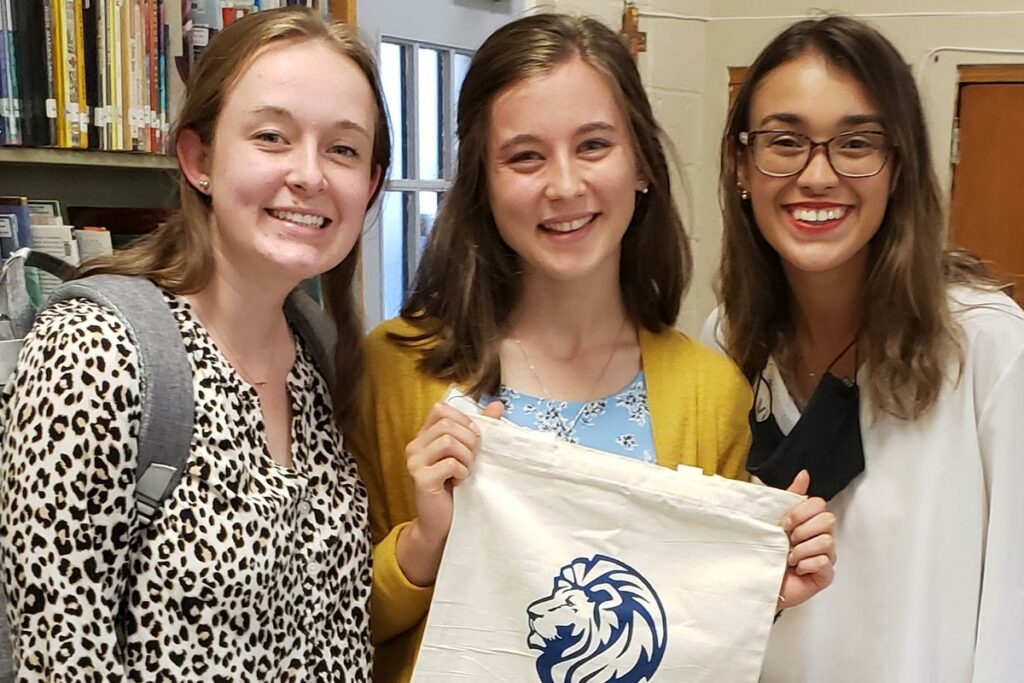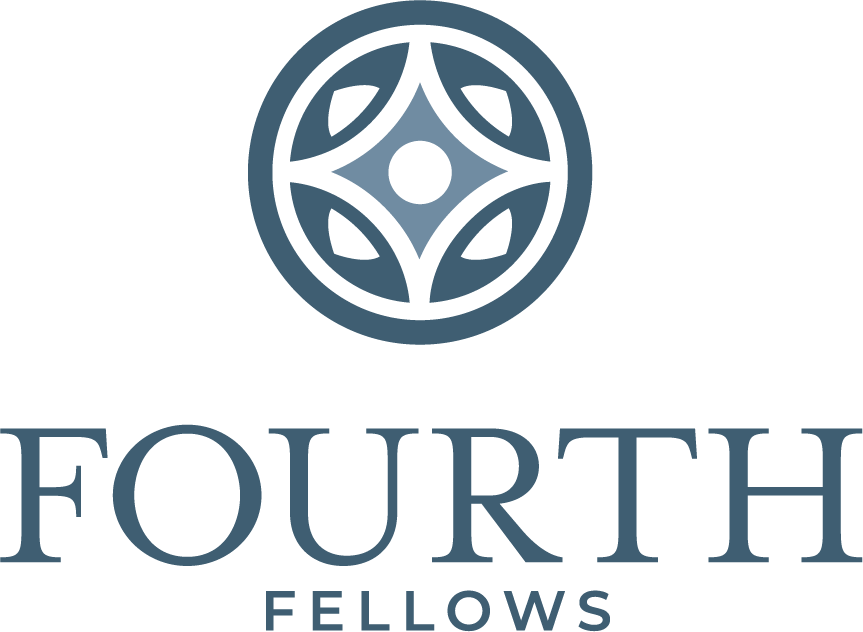Moving to D.C. last August marked a time when I felt like I could barely keep my head up above crashing waves of bitterness, frustration, and dismay at my shortcomings. Layer by layer, this weight began to fall off my shoulders as Fourth received me with so much hospitality and openness. I felt optimistic as I looked ahead at what this year promised.
I knew staying in Scripture needed to be a priority. In the beginning, I looked forward to the opportunity and accountability that would come by reading through the Bible for our Monday afternoon class. However, quickly I found whenever I opened the Old Testament, I felt that old weight mount again in my heart, the burden of humanity’s fallenness was all I could see. Most poignantly, the stories of women so abused and mistreated brought me near to weeping.
Struggling with why these stories were detailed in Scripture without clear statements declaring them wrong or sinful, I painfully pushed through chapter after chapter. Thankfully, I believe the Lord saw me in this place. Right around this time, I went on a walk with Rachel Andre for coffee and eventually stumbled upon this subject. She had beautiful things to say about these passages, and though her words did not bring closure to my questioning or frustration, they did prepare my heart to be open.

A few days later, I stumbled upon a video of a woman giving a talk on the concubine’s story in Judges 19-20. Regretfully, I do not remember her name, but her words were powerful. In this story, no person saw the concubine as more than an object to be used. Yet, God saw her even at that moment. Each time we open those chapters now, we have to come to terms with the stark reality of her situation. In Genesis 16, God reveals himself to Hagar in a similar way. She had also been used and mistreated, but the Lord visited in her deepest moment of desperation. As an act of gratitude, Hagar becomes the first person in Scripture to personally give God a name, “the God who sees me.” Feeling the deep knot in my stomach loosen its hold, I was able to go back to these passages and read them in a new light. Thanks to this revelation, coupled with excellent teaching in our two seminary classes, I was able to see the underlying messages behind these stories; these are the things that happen when people turn their backs against God.
Looking back on this experience, it is profound that we have a God who sees us so clearly. The story at the beginning of Judges 20 captures the unfaithfulness of God’s people, and from it we see that God sees the depths of sin and the depths of our suffering. How precious a gift it is that we have a savior who has taken our place, allowing us to stand before God unashamed for all eternity! In our seminary class, we have now we have moved into the New Testament, and, already, I have been deeply moved listening to Rev. Tommy Myrick teach on the Book of Mark. His humility in yearning for Christ and the Church’s reawakening to our need for him was one of the most powerful examples I have ever witnessed. Amid this challenging season filled with life’s struggles and pandemic challenges, may we remember that we are loved by the God who sees us, and may we go out in the humility of being fully known.
“So she called the name of the Lord who spoke to her, “You are a God of seeing,’ for she said, “Truly here I have seen him who looks after me.” — Genesis 16:13



